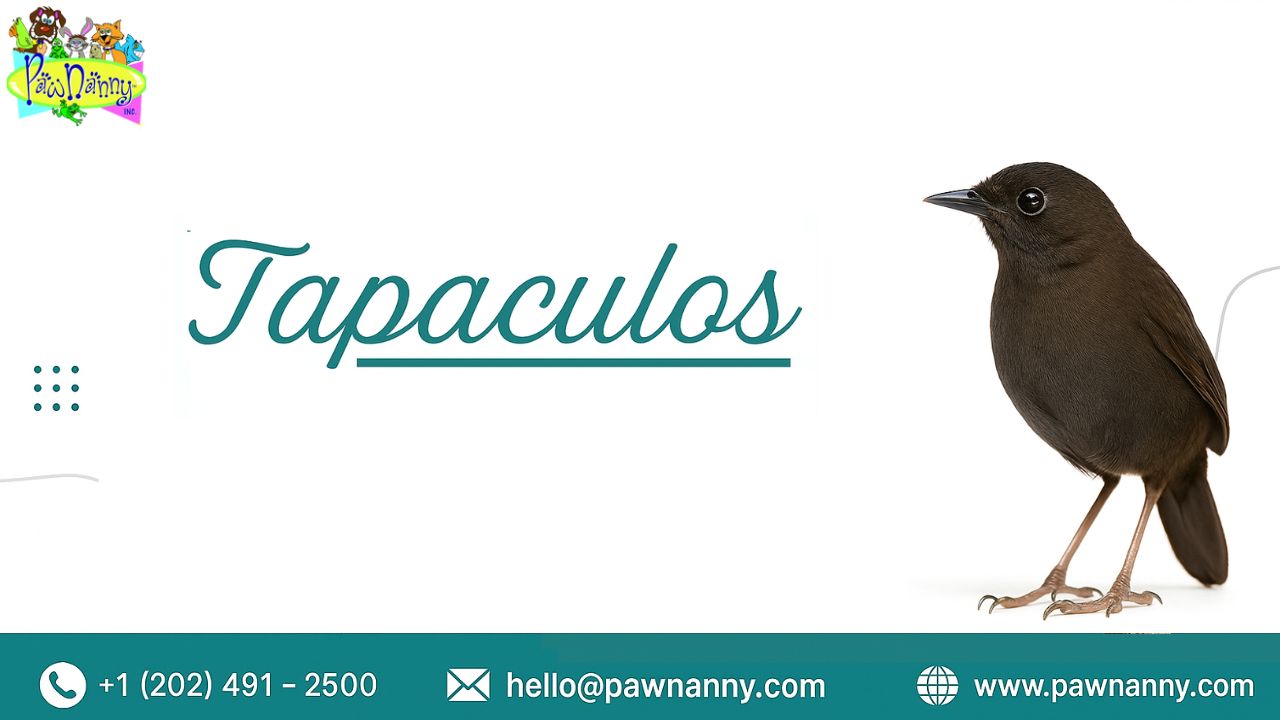
Basset Hound
Group: Hound
Size: 12-15 inches
Weight: 40-65 pounds
Hypoallergenic: No
Lifespan: 10-14 years
Behavior
Basset Hounds are known for their distinct behavior, characterized by a laid-back demeanor and gentle disposition. One of their most notable traits is their stubbornness. Bassets have a strong independent streak, making training a bit challenging. They are less eager to please than some other breeds, but they can be trained effectively with patience and consistency. Despite their stubborn nature, Basset Hounds are incredibly affectionate and friendly dogs. They love being around people and are excellent companions for families with children. Their gentle and tolerant nature makes them well-suited for households with kids and other pets. Make sure to book Pet Anal Gland Expression Services for your pet regularly.
Basset Hounds have a keen sense of smell, one of their defining characteristics. They are scent hounds, originally bred for hunting small game such as rabbits and hares. Their powerful noses can lead them to interesting scents, often resulting in them following their noses wherever they lead. Because of this, they should always be kept on a leash or in a secure area when outdoors. While they may have a laid-back attitude indoors, Basset Hounds are surprisingly active outdoors. They enjoy going for walks and exploring their surroundings, but they're also content to lounge around the house, making them adaptable to apartment living and larger homes with yards. Basset Hounds make loving, loyal, and charming companions for owners who appreciate their unique personality quirks.
History
The history of the Basset Hound is rich and deeply rooted in French and English hunting traditions. Originating in France, the breed's name "Basset" comes from the French word "bas," meaning low, perfectly describing its short stature and long body. Bassets were selectively bred from larger hounds to create a dog with short legs, long ears, and a keen sense of smell, making them ideal for tracking small game like rabbits and hares. The early ancestors of the Basset Hound were likely developed in the 16th century, but it was in the 19th century that the modern breed began to take shape. French breeders in the late 1800s refined the breed's characteristics, resulting in the Basset Hound we know today. Thanks to their low-to-the-ground stature and powerful noses, they were prized for their ability to hunt in dense brush and undergrowth.
The Basset Hound's popularity quickly spread to England, where hunters favored them for their exceptional scenting abilities. They became especially popular among English aristocrats, who enjoyed hunting with packs of Bassets. In the late 19th century, kennel clubs in France and England officially recognized Basset Hounds, solidifying their status as a distinct breed. Today, Basset Hounds are cherished as beloved companions and family pets, known for their gentle and affectionate nature, as well as their distinctive appearance and endearing droopy ears. Their hunting instincts may be less prominent, but their loyalty and charm make them a favorite breed among dog lovers worldwide.
Looks and Health
The Basset Hound is known for its distinct appearance, characterized by its short legs, long body, and floppy ears. Their deep-set, soulful eyes and wrinkled brows give them an endearing expression. With heavy, sagging skin and a loose, elastic neck, they have a unique look that sets them apart from other breeds. Basset Hounds typically have a short, dense coat in various colors, including tri-color (black, white, and tan), lemon and white, red and white, or mahogany. Despite their charming appearance, Basset Hounds are prone to certain health issues. Their long ears can trap moisture, leading to ear infections if not cleaned regularly. Their deep chest makes them susceptible to bloat, a potentially life-threatening condition where the stomach twists on itself. Due to their heavy build, Bassets are also prone to obesity, which can exacerbate other health issues like joint problems and back pain. Their droopy eyes are more prone to infections and injuries, requiring regular cleaning and monitoring.
However, with proper care, Basset Hounds can lead healthy and happy lives. Regular exercise is crucial to keep them at a healthy weight and prevent boredom, which can lead to destructive behavior. Routine veterinary check-ups with Express Anal Glands Services and a balanced diet are also essential to maintain their overall health and well-being. Despite their health concerns, the Basset Hound's loving temperament and gentle nature make them cherished family pets for those willing to meet their needs.
Exercise
Although they might need to improve at running or agility courses, Basset Hounds enjoy leisurely walks and are well-suited to activities like scent work or tracking games. Their exceptional sense of smell makes them adept at these activities, providing mental stimulation. Basset Hounds should also have access to a securely fenced yard to explore and sniff around in a safe environment. Supervised playtime in a fenced area allows them to satisfy their instincts without the risk of wandering off. It's important to monitor their exercise levels and not push them too hard, especially in hot weather, as they can easily overheat. Basset Hounds can lead happy and healthy lives with a moderate and consistent exercise routine.
Training
Training a Basset Hound requires patience and consistency due to their independent nature and strong scenting instincts. Early socialization and obedience training are crucial to ensure they develop into well-mannered companions. Basset Hounds can be stubborn, so positive reinforcement techniques such as treats and praise work best. Start training sessions early and keep them short to maintain their attention. Consistency is key; establish clear rules and boundaries and stick to them.
Their keen sense of smell can lead them to follow scents rather than commands, so training them to come when called may require extra effort. Using high-value treats and practicing in low-distraction environments can help reinforce this command. Due to their laid-back nature, Basset Hounds may take longer to house trains than other breeds. Crate training and a consistent schedule help teach them where and when to eliminate.
Food and Nutrition
Basset Hounds have unique dietary needs due to their size, activity level, and predisposition to certain health issues. As a medium-sized breed, they require a balanced diet of nutrients to maintain their health. High-quality dog food for medium-sized breeds is ideal, ensuring they receive adequate protein, vitamins, and minerals. Due to their tendency to gain weight, monitoring their food intake and avoiding overfeeding is important. Additionally, Basset Hounds are prone to joint problems, so foods containing glucosamine and chondroitin can help support joint health. Regular exercise and portion control are essential for keeping Basset Hounds fit and healthy.
Conclusion
Basset Hounds, known for their floppy ears and soulful eyes, have distinct traits as pets and in the wild. As pets, they're beloved for their gentle and affectionate nature. They thrive in a family environment, forming strong bonds with their owners. Their calm demeanor makes them excellent companions for children and adults alike. However, in the wild, Basset Hounds are skilled hunters. Their keen sense of smell and low-to-the-ground stature make them excellent tracking dogs. Historically, they were used for hunting small game like rabbits and hares. Their endurance and determination in tracking prey make them valuable assets in hunting scenarios. For more information or to avail of our Pet Anal Gland Expression Services USA, visit PawNanny.com.










